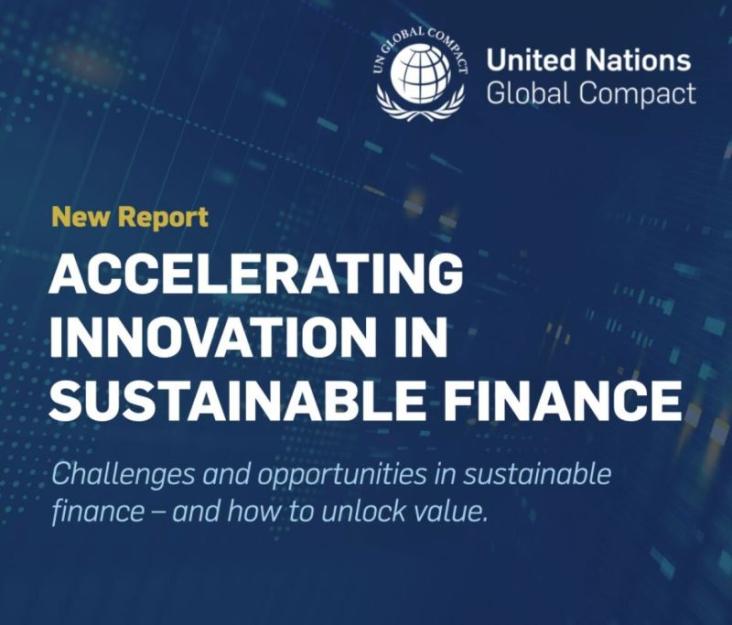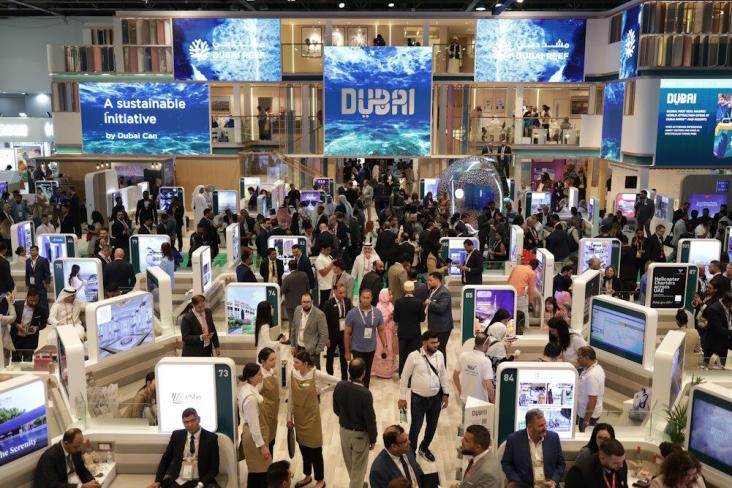
The UNGC's latest report on “Accelerating Innovation in Sustainable Finance” offers models for businesses on how to deliver financial returns and positive global impact – together.
Celebrating Women in Process Intensification.
This special issue highlights and celebrates the diversity of career pathways of women in process intensification. This interview with Francesca Paradisi is based personal career experience with both professional & personal reflections
Celebrating Women in Process Intensification.
This special issue highlights and celebrates the diversity of career pathways of women in process intensification. This interview with Sharon Velasquez-Orta is based personal career experience with both professional & personal reflections
Celebrating Women in Process Intensification.
This special issue highlights and celebrates the diversity of career pathways of women in process intensification. This interview with Dr. Bettina Muster-Slawitsch is based personal career experience with both professional & personal reflections
Celebrating Women in Process Intensification.
This special issue highlights and celebrates the diversity of career pathways of women in process intensification. This interview with Prof. Lan Xingying is based personal career experience with both professional & personal reflections
Celebrating Women in Process Intensification.
This special issue highlights and celebrates the diversity of career pathways of women in process intensification. This interview with Associate Professor Dr. Kanokwan Ngaosuwan is based personal career experience with both professional & personal reflections
Celebrating Women in Process Intensification.
This special issue highlights and celebrates the diversity of career pathways of women in process intensification. This interview with Marica Muscetta is based personal career experience with both professional & personal reflections
Celebrating Women in Process Intensification.
This special issue highlights and celebrates the diversity of career pathways of women in process intensification. This interview with Prof. Panagiota Angeli is based personal career experience with both professional & personal reflections

